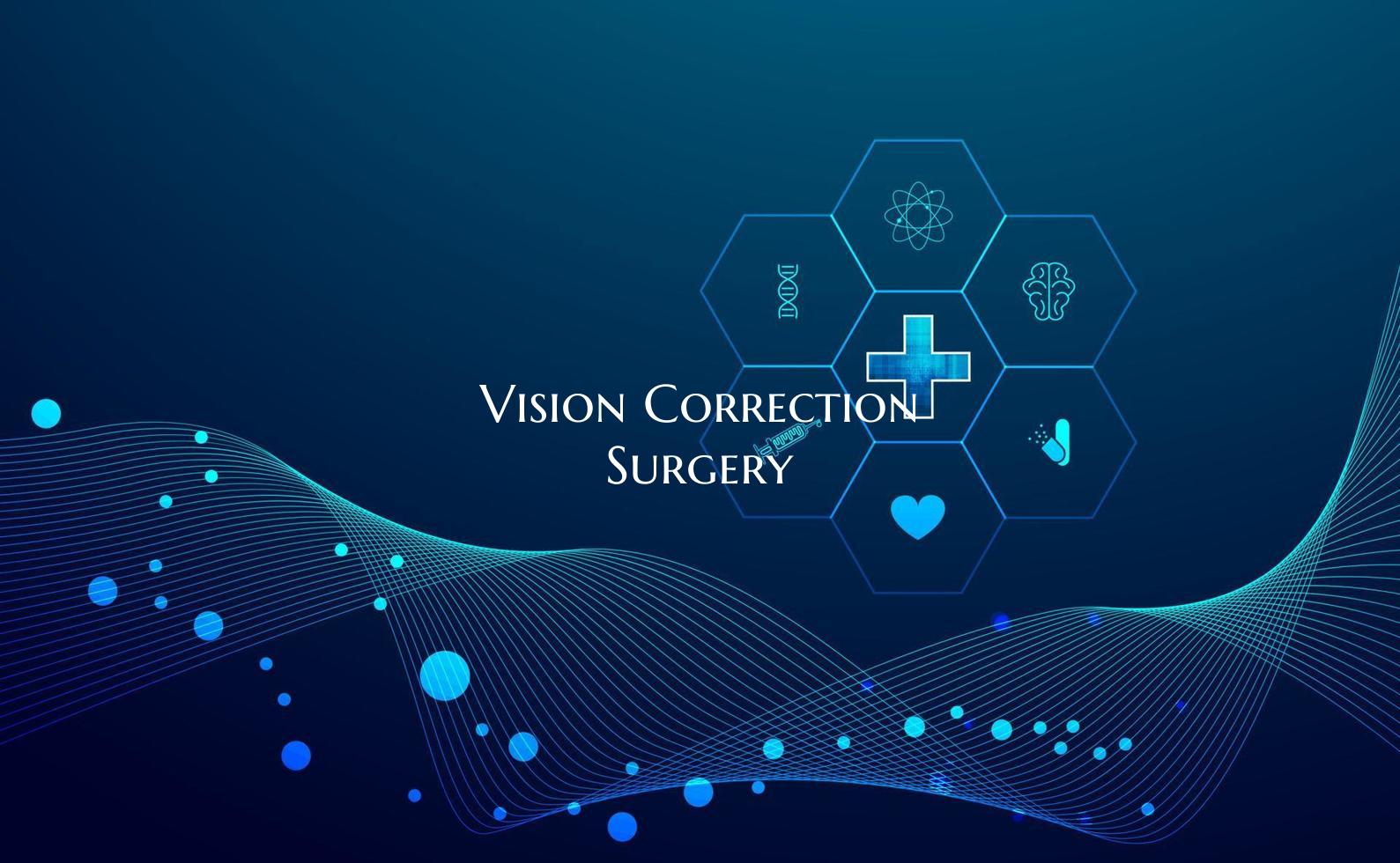
Vision Correction Surgery
Introduction: Vision correction surgery has revolutionized the way people address common eye conditions, providing an effective solution to improve vision and enhance quality of life. This innovative surgical procedure offers individuals the opportunity to reduce or eliminate the need for corrective lenses, bringing clarity and convenience to daily activities. From nearsightedness to astigmatism, vision correction surgery has opened up new possibilities for those seeking lasting vision improvements.
Benefits of Vision Correction Surgery: 1. Improved Vision: Vision correction surgery aims to correct refractive errors in the eye, such as myopia (nearsightedness), hyperopia (farsightedness), and astigmatism, leading to sharper and clearer vision without the dependency on glasses or contact lenses. 2. Convenience and Lifestyle: Say goodbye to the hassle of constantly changing and cleaning glasses or putting in and taking out contact lenses. Vision correction surgery offers the freedom to engage in various activities without the limitations of visual aids. 3. Long-Term Cost Savings: While the initial cost of vision correction surgery may seem significant, it can lead to long-term savings by reducing the need for expensive prescription eyewear and contact lenses over time. 4. Quick Recovery: Many individuals experience rapid recovery times following vision correction surgery, with most returning to their regular activities within a few days, experiencing enhanced vision almost immediately after the procedure.
Types of Vision Correction Surgery: 1. LASIK (Laser-Assisted in Situ Keratomileusis): One of the most commonly performed vision correction surgeries, LASIK reshapes the cornea using a laser to correct refractive errors. This outpatient procedure is known for its quick recovery time and high success rates. 2. PRK (Photorefractive Keratectomy): Similar to LASIK, PRK also works by reshaping the cornea to improve vision but involves removing the outer layer of the cornea before the laser treatment. It may be recommended for individuals with thin corneas or other eye conditions. 3. SMILE (Small Incision Lenticule Extraction): A minimally invasive form of vision correction surgery, SMILE involves creating a small incision in the cornea to extract a lenticule, reshaping the cornea to correct refractive errors.
Considerations Before Undergoing Vision Correction Surgery: - Consultation: It is crucial to undergo a comprehensive eye examination and consultation with an experienced eye surgeon to determine suitability for vision correction surgery. - Medical History: Disclose any pre-existing medical conditions, eye diseases, or medications you are taking to your eye surgeon to ensure safe and successful surgery. - Realistic Expectations: Understand the potential outcomes and limitations of vision correction surgery to set realistic expectations about the results and recovery process.
Conclusion: Vision correction surgery offers a life-changing solution for individuals seeking to improve their vision and reduce reliance on glasses or contact lenses. With advancements in technology and surgical techniques, this procedure has become a safe and effective option for achieving clearer vision and enhancing overall quality of life. Whether opting for LASIK, PRK, or SMILE, individuals can look forward to a future with improved visual acuity and greater freedom in their daily activities.